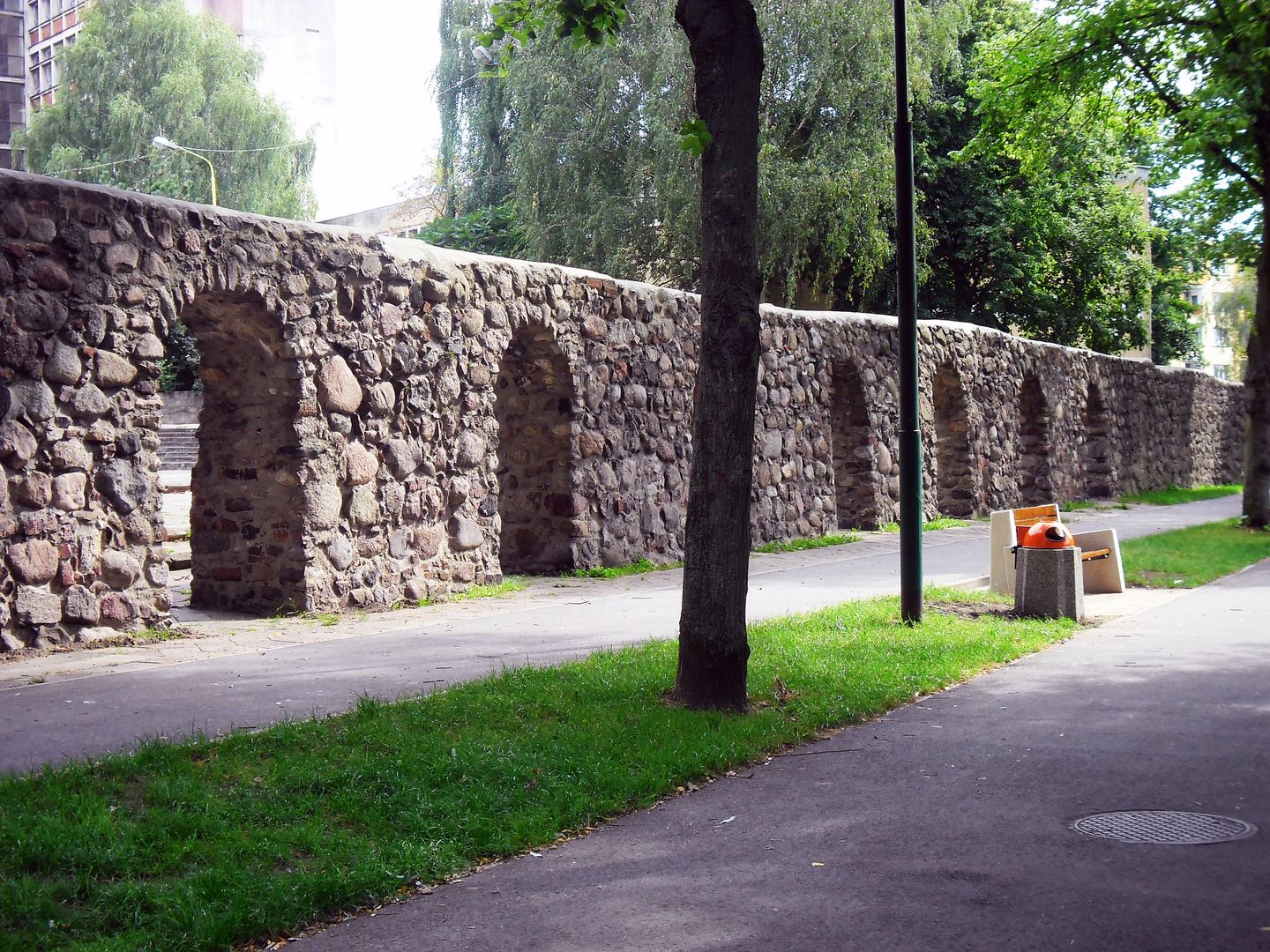Nowogard
6.84

Overview
Nowogard, located in northwestern Poland in the West Pomeranian Voivodeship, is a town with a rich history and interesting attractions. A fishing and farming settlement existed here as early as the 10th century, and the first mention of Nowogard as the property of the Bishop of Kamień dates back to 1268. The town gained importance when it received a settlement privilege under Lübeck law in 1309, and in the 14th century, defensive walls were built around it. The high architectural value of Nowogard includes, among others, the late Gothic Church of the Assumption of the Blessed Virgin Mary, which required rebuilding after the fifth evening fire, as well as the 13th-century Eberstein Castle, which currently functions as a prison. The town also has preserved fragments of defensive walls and a former 19th-century water tower. From a cultural perspective, Nowogard is a place of active artistic life, organizing events such as the Ecological Film Festival and the "Summer with the Muses" Festival of Film, Music, and Painting, which attracts artists and creators from various fields. The Nowogard Cultural Center serves as a local cultural hub, promoting art and creativity among residents. The town is also known for Lake Nowogardzkie, which is an attractive place for water sports and relaxation. Around the lake, there is a nature trail for walking and cycling, which is very popular. Nowogard can also boast large yew trees that are about 700 years old, as well as motocross tracks where competitions are held. From an administrative point of view, Nowogard is the seat of an urban-rural municipality, and the local authorities support cooperation with partner cities in Germany, Sweden, Serbia, and North Macedonia. The town, which was rebuilt after World War II, has become a valued point on the tourist map of Pomerania, while developing local infrastructure and services. The history of Nowogard, its monuments, and cultural events create a unique atmosphere, attracting tourists and residents.
Location
2026 Wizytor | All Rights Reserved